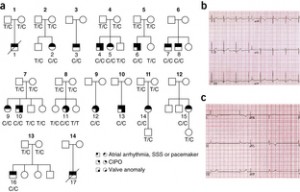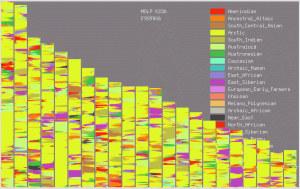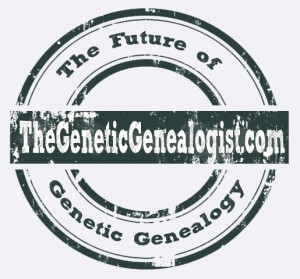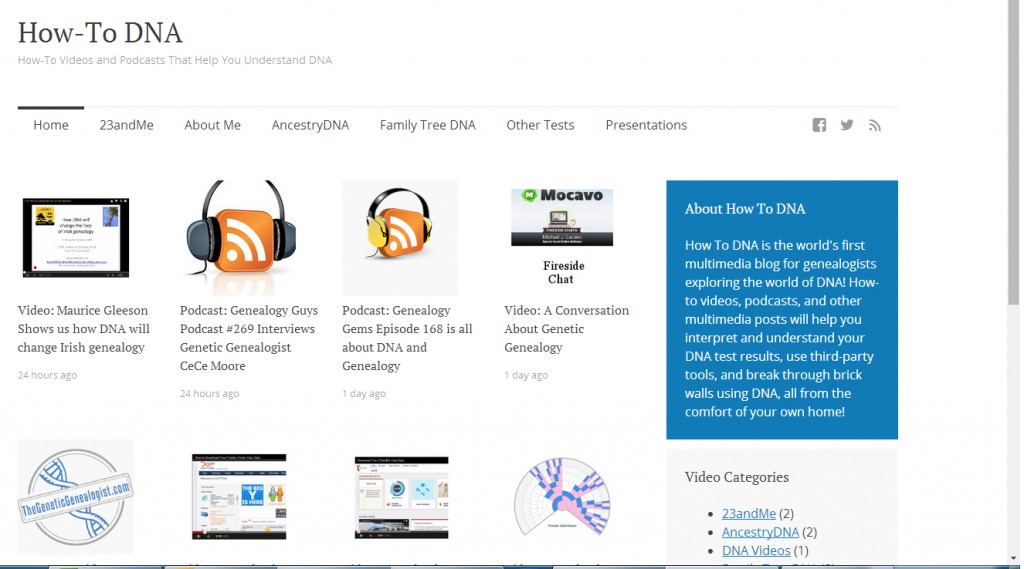 Short Summary: Before the end of the year, AncestryDNA plans to update our match lists using a new algorithm that reduces the number of false positive matches. For the first time, matching DNA segments will be characterized as IBS (i.e., a false positive) based on something other than simply segment length.
Short Summary: Before the end of the year, AncestryDNA plans to update our match lists using a new algorithm that reduces the number of false positive matches. For the first time, matching DNA segments will be characterized as IBS (i.e., a false positive) based on something other than simply segment length.
AncestryDNA Day
Last Monday, October 6th, I and six other members of the genetic genealogy community attended a ‘Bloggers Day’ hosted by AncestryDNA at the San Francisco headquarters of Ancestry.com. Two other members of the group have already written about the event:
- When less is more – The Legal Genealogist by Judy Russell
- DNA Day With Ancestry – DNAeXplained by Roberta Estes
While at ‘Bloggers Day’ we discussed many issues including the Y-DNA and mtDNA databases originally scheduled for destruction, upcoming changes to AncestryDNA’s matching algorithm (much more below), and other upcoming changes to the AncestryDNA about which you will hopefully soon hear much more.
 In 2008, I wrote about the case of Mr. and Mrs. George Fry, who are believed to have brought a particularly negative mutation with them to the New World from Europe in 1630 (“
In 2008, I wrote about the case of Mr. and Mrs. George Fry, who are believed to have brought a particularly negative mutation with them to the New World from Europe in 1630 (“
 I’ve written before about a poster presented by AncestryDNA at the American Society of Human Genetics 2013 annual meeting, entitled “
I’ve written before about a poster presented by AncestryDNA at the American Society of Human Genetics 2013 annual meeting, entitled “ This week in Vox, health reporter Julia Belluz (
This week in Vox, health reporter Julia Belluz ( The latest announcement by the newly founded
The latest announcement by the newly founded 
 For the very first time,
For the very first time, 